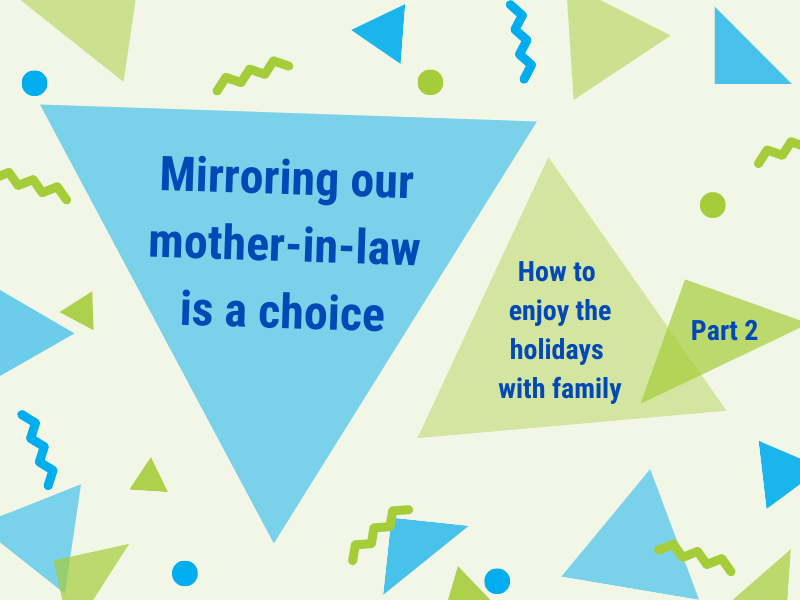“Those with meaning in life are happier and healthier than those without it.”
(Dr Dilip Jeste, University of California, San Diego)
A huge number of studies in various scientific fields point out that there is a close relationship between the presence of meaning in life and a higher level of physical and mental well-being.
That’s nothing new, of course.
Most of us probably agree that searching for and finding a purpose in life can have significant positive effects on our health and well-being.
Living with purpose – What does this actually mean?
Do you know your purpose? Do you have a vision for your life?
Relax if these questions feel overwhelming, confusing, or uncomfortable – relax!
Our thoughts about life’s purpose don’t have to be complicated.
We can decide that diving deep into philosophical, spiritual, or scientific discussions is unnecessary.
The definition of ‘purpose’ could be as clear, simple, and practical as this one:
The purpose of life is living on purpose.
In this understanding, living our purpose means deliberately assigning meaning to our lives, who we are, and what we (want to) do while we are on this planet.
Living on purpose means living intentionally.
It’s intentionally thinking, feeling, and doing what we want to think, feel, and do.
It’s the opposite of living on default or autopilot.
It requires us to know and honour what matters to us—what we most value in life, what we feel passionate about, and what we think and appreciate about ourselves.
Living on purpose (= intentionally) provides us with clarity, guidance, and direction. It removes confusion or frustration and gives us something to work towards.
Living on purpose (= intentionally) also inspires and motivates us, giving us the energy and passion we need to move forward.
How can you find out what living with/on purpose could look like for you?
The following exercises intend to help you develop your very personal and individual idea of purpose so that you can apply it to give your life direction and meaning.
You can go through all the exercises or just choose one or two.
EXERCISE 1 – Ask your future self
Most of us have an idea of our life’s purpose inside us – whether we’re consciously aware of it or not.
Getting input from our future self can help us become more aware of what purpose means to us.
Lean back and imagine your future self celebrating her 90th birthday – completely happy and proudly looking back over her life.
Take a piece of paper and a pen, and allow yourself some quiet time to think about the story of your life from her – your future self’s – point of view.
You can start by letting your future self answer questions like these:
-
- How do you describe yourself? What story do you tell about yourself?
- What do you think and feel about yourself?
- What do you especially like about your life? About yourself?
- What is it about you that the people at your birthday party truly value?
- What have you achieved in your life? Which challenges have you overcome? What are you particularly proud of?
- What adds meaning to your life and gives you a sense of fulfilment?
- What did you enjoy most in your life?
- If you consider the most important areas in your life – how do you think and feel about them, now looking back at them at this point in life?
Have a closer look at:
-
-
- your relationships (partner, family members, friends, colleagues, …),
- your work/career,
- your health and fitness,
- your home,
- your finances,
- your leisure and community activities,
- your …
-
EXERCISE 2 – Create a vision for your future
It is very important to ensure that our short-term and long-term goals fit into the bigger picture of our lives.
This exercise helps you understand the bigger picture of your life.
As soon as you have a clearer idea – a vision – of your life, you’ll find it much easier to articulate and prioritise your short and long-term goals and to develop action plans.
Where do you ultimately want to get to in your life?
Imagine there were no obstacles; you had a magic wand and could create whatever you wanted.
What do you want to be doing / how do you want to be living / who do you want to be
-
- at the end of your life
- 20 years from now
- 10 years from now
- 5 years from now
- 1 year from now
EXERCISE 3 – Create a 3-month vision board
This simple exercise helps you identify meaningful short-term changes you want to make in different areas of your life.
Allow yourself 30 to 60 minutes to consider the following questions to help you create your personal vision for the next 3 months.
Write your answers in the present tense, and be as specific as possible.
A) How do you want your life to be different in 3 months’ time?
Write below which changes (if any) you wish to make in the important areas of your life within the next 3 months:
-
- your relationships (partner, family members, friends, colleagues, …),
- your work/career,
- your health and fitness,
- your home,
- your finances,
- your leisure and community activities,
- your …
B) What is the most important change/goal you want to realise over the next 3 months?
C) If you have achieved this important change – what will your ‘ideal day’ look like in 3 months? What will be different compared to today? What are you thinking and feeling, what are you doing (or not doing), etc.
EXERCISE 4 – 3 little powerful questions
If you prefer to focus on just a few questions that can help you get a clearer idea of the priorities in your life you could consider these:
-
- What are you currently excited about in your life?
- What does it mean to you to have a full and rich life?
- How could you have more fun and joy in your life?
You will probably not arrive at a final definition of your personal idea of living on purpose just by doing some little exercises.
But anything that helps us identify our priorities in life will make it easier to move forward in a meaningful and intentional way.
Give it a try – Invest some time to think about what it means to you to live on/with purpose.
HOW CAN I HELP YOU?
Are you tired?
Tired of trying to (re)organise the various areas of your life entirely on your own?
Fortunately, you don’t have to figure it out all by yourself.
We can do it together.
You can decide to get my support, advice, and guidance – and achieve the desired changes in your life so much faster and easier.

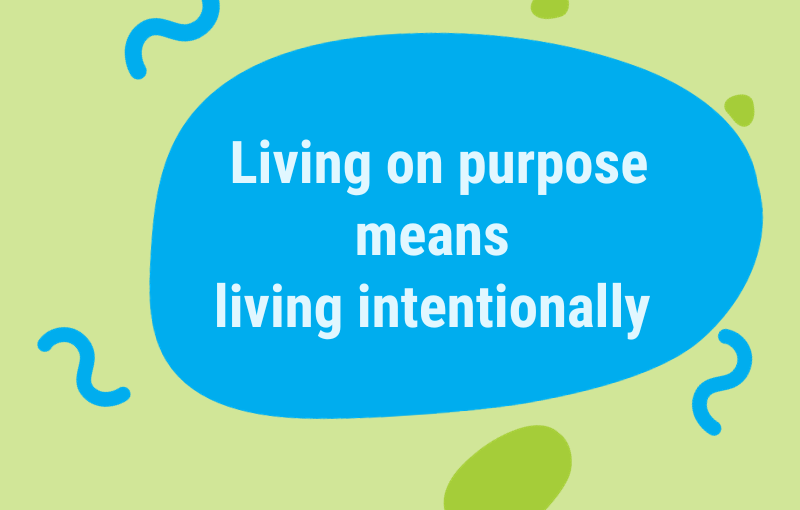
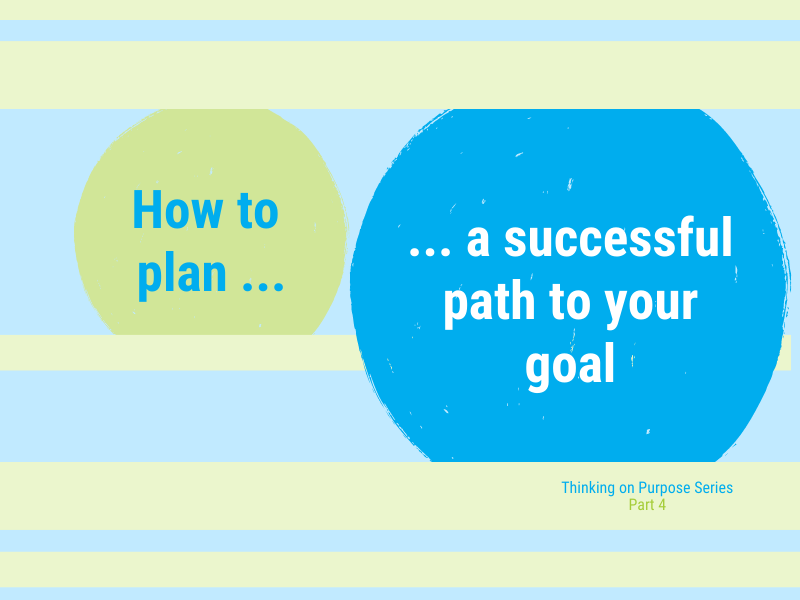
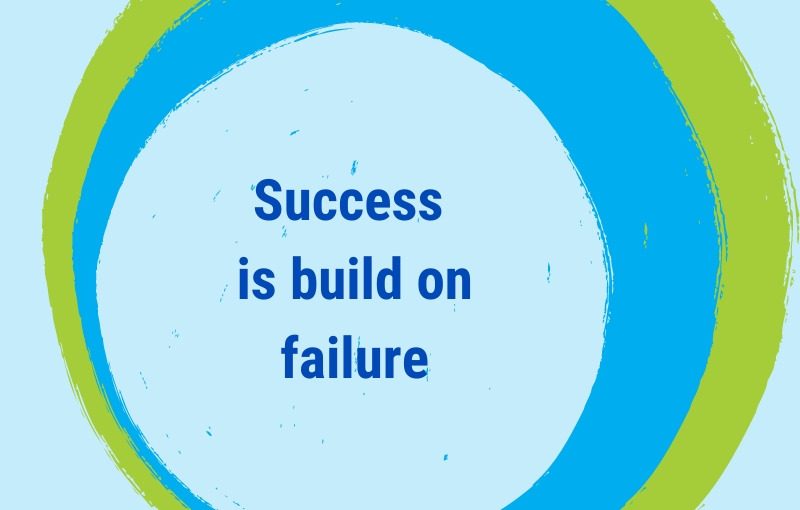
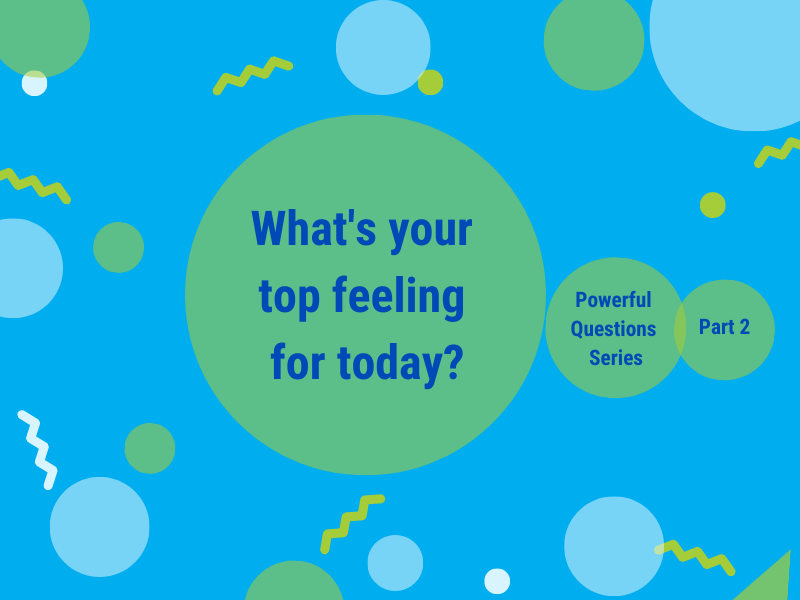
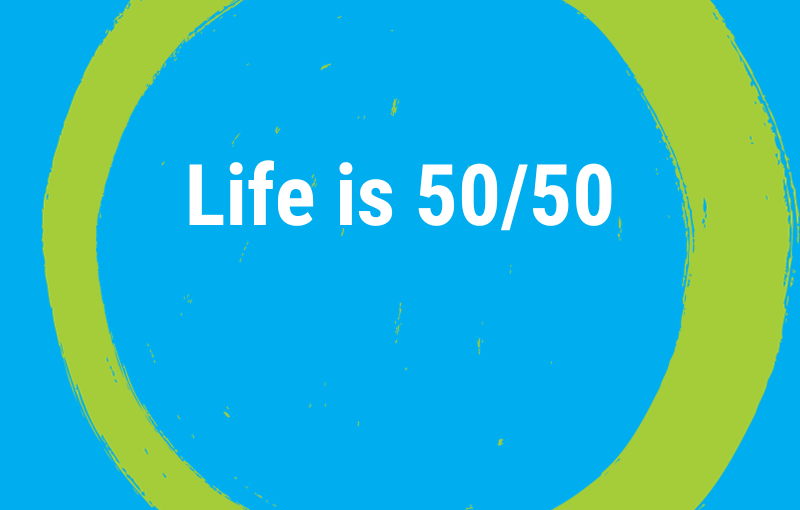
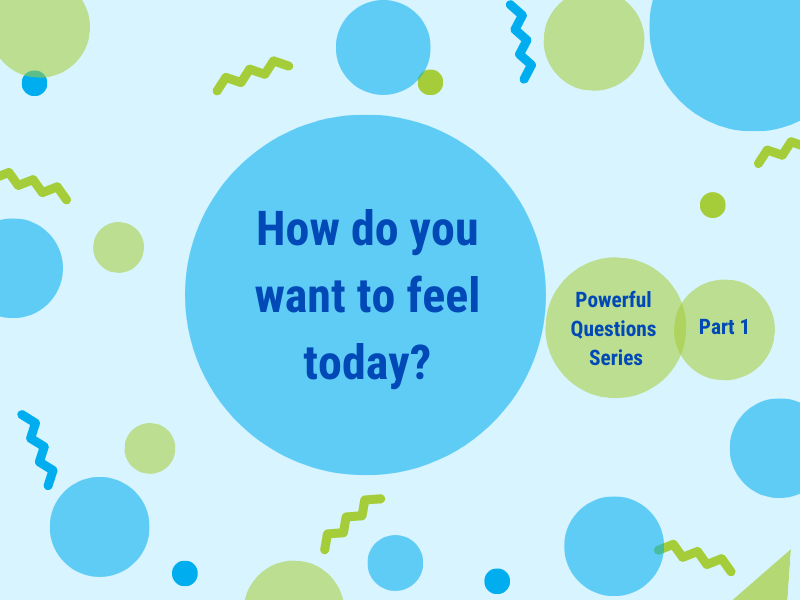
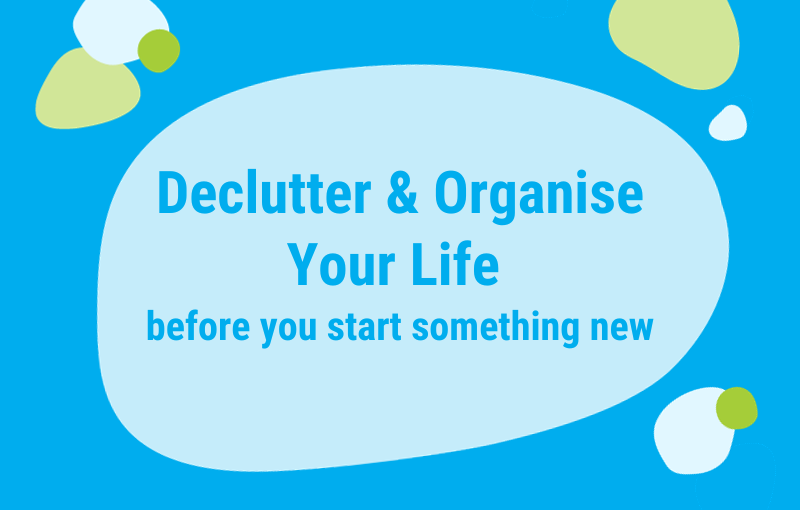
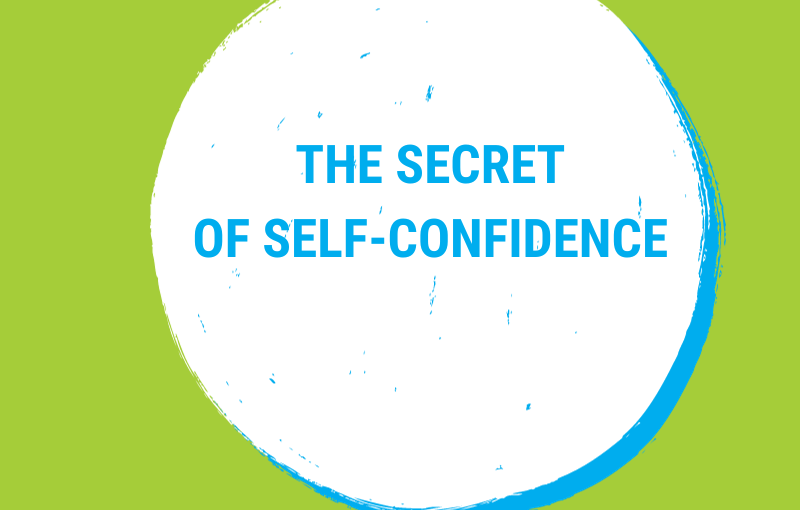
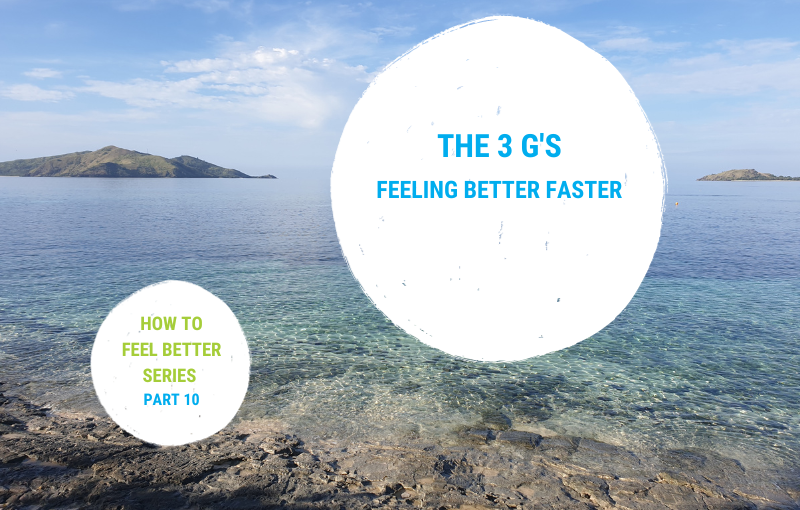

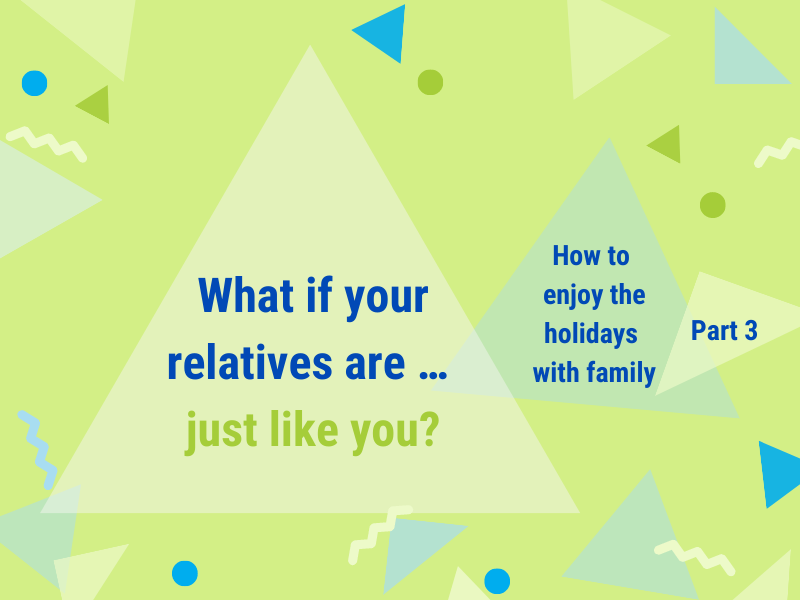
 Or to make them worse.
Or to make them worse. 
